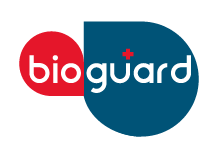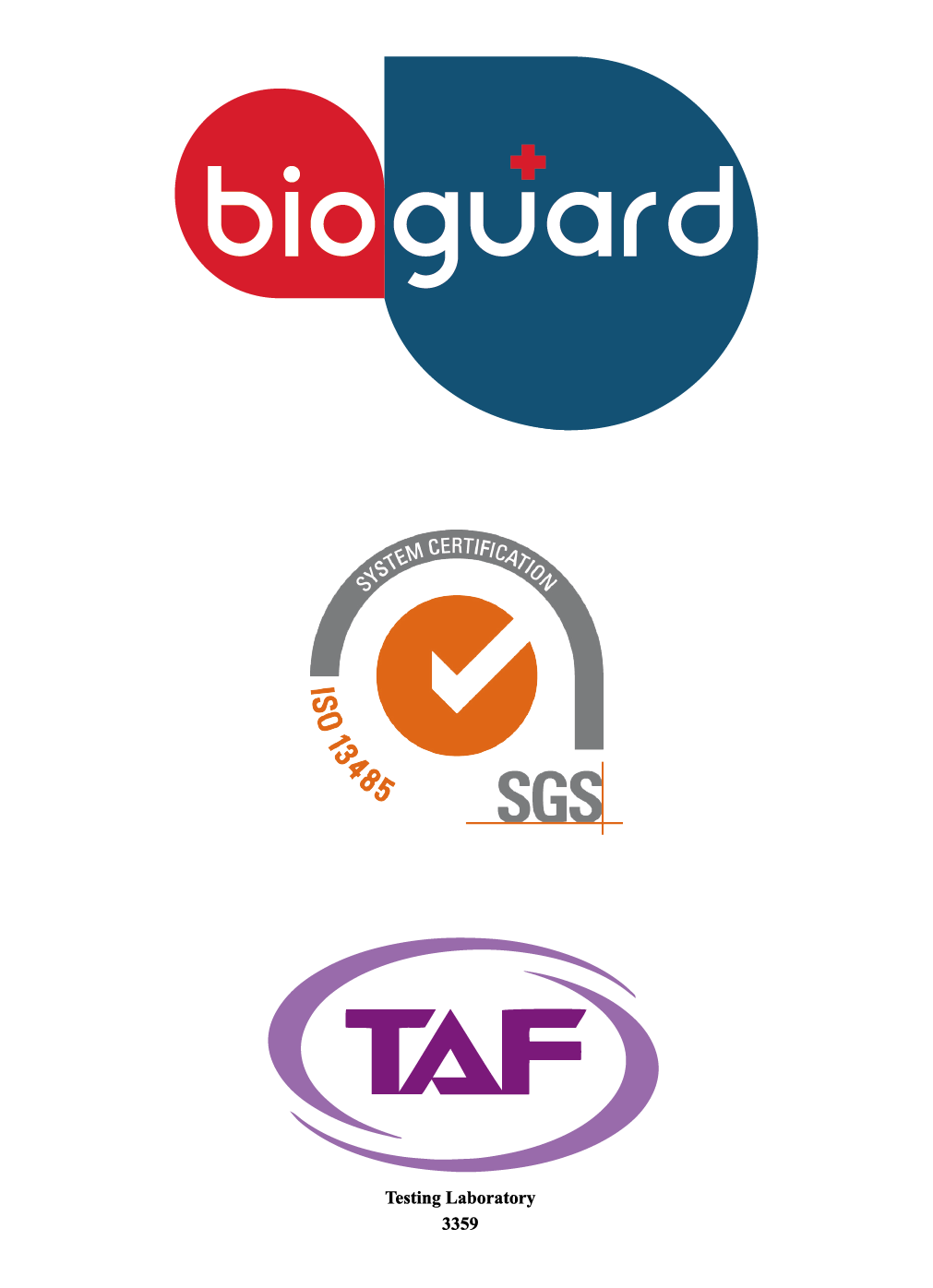Progesterone, PG (EFB007)
Progesterone, PG (EFB007) Progesterone (PG) Specimen type Serum Contents Reference range: 10-40 ng/ml Progesterone hormone testing in cats is essential for evaluating reproductive health, particularly in assessing ovulation status and diagnosing pregnancy. This test can also help identify underlying conditions such as ovarian cysts or endocrine disorders that affect progesterone levels.
Total testosterone, TT (EFB006)
Total testosterone, TT (EFB006) Total testosterone (TT) Specimen type Serum Contents Reference range: 1.0-6.0 ng/ml Total testosterone in cats is primarily associated with male reproductive development and secondary sexual characteristics. This test can help to diagnose reproductive issues like cryptorchidism or hormonal imbalance. It is also used to assess the effectiveness of neutering or other […]
Estradiol, E2 (EFB005)
Estradiol, E2 (EFB005) Estradiol (E2) Specimen type Serum Contents Reference range: 20-60 pg/ml Estradiol is a key hormone in cats that plays a crucial role in regulating reproductive functions, including estrus cycles and fertility. Abnormal levels of estradiol can indicate underlying health issues such as ovarian cysts, tumors, or other endocrine disorders.
Cortisol (EFB004)
Cortisol (EFB004) Cortisol Specimen type Serum Contents Reference range: 0.8-6.0 μg/dL Cortisol hormone testing in cats is used to diagnose conditions such as Cushing’s disease and Addison’s disease Hyperadrenocorticism is less common in cats than in dogs. Clinical signs of affected cats are similar to those of affected dogs.
Free Thyroxine, Free T4 (EFB003)
Free Thyroxine, Free T4 (EFB003) Free Thyroxine (Free T4 ) Specimen type Serum Contents Free Thyroxine is an essential hormone in cats that regulates metabolism and overall energy levels. Measuring Free T4 levels is crucial for diagnosing and managing thyroid disorders, such as hyperthyroidism or hypothyroidism in feline patients.
Thyroid-stimulating hormone, TSH (EFB002)
Thyroid-stimulating hormone, TSH (EFB002) Thyroid-stimulating hormone (TSH) Specimen type Serum Contents Reference range: 0.00-0.07 ng/ml Thyroid-stimulating hormone (TSH) in cats plays a key role in regulating the production of thyroid hormones, including thyroxine. Abnormal TSH levels can indicate thyroid dysfunction, such as hypothyroidism, and are used to diagnose and manage thyroid-related health issues in cats. […]
Thyroxine, T4 (EFB001)
Thyroxine, T4 (EFB001) Thyroxine (T4) Specimen type Serum Contents Reference range: 1.0-5.0 μg/dL Thyroxine is a vital hormone in cats that regulates metabolism, energy levels, and overall growth. Abnormal thyroxine levels can lead to thyroid disorders such as hyperthyroidism or hypothyroidism. Hyperthyroidism is a common disease in cats, and mostly afflicts cats middle-aged and older.
Elderly endocrine panel (EFS003)
Elderly endocrine panel (EFS003) Thyroxine (T4) Cortisol Specimen type Serum Contents Feline elderly endocrine panel includes thyroxine and cortisol that helps assess thyroid and adrenal gland function in senior cats. This panel is essential for detecting age-related endocrine disorders such as hyperthyroidism and Cushing’s disease.
Feline endocrine panel (EFS002)
Feline endocrine panel (EFS002) Thyroxine (T4) Thyroid-stimulating hormone (TSH) Free Thyroxine (Free T4) Cortisol Specimen type Serum Contents Feline endocrine panel includes Thyroxine, TSH, free thyroxine, and cortisol that provides a thorough evaluation of both thyroid and adrenal gland function in cats. This test helps veterinarians to diagnose various endocrine disorders such as hypothyroidism, hyperthyroidism, […]
Thyroid function panel (EFS001)
Thyroid function panel (EFS001) Thyroxine (T4) Thyroid-stimulating hormone (TSH) Free Thyroxine (Free T4) Specimen type Serum Contents Feline thyroid function panel measures the levels of Thyroxine, Free Thyroxine, and TSH in a cat’s blood to assess the thyroid gland function. This test helps diagnose conditions like hypothyroidism or hyperthyroidism. Regular thyroid hormone testing is essential […]

